Welcome researcher.
You’re an enthusiastic crypto geek, software developer or some other tech professional who has become enchanted by the seductive wonders of blockchain technology. You’ve seen cryptocurrencies and apps blowing up to create digital millionaires and you cant help but wonder how it works. Why not also you? You want a piece of the crypto pie too!
No judgments here; everyone does. In truth, that’s the point of the technology: decentralized utility.
So your project lies before you. The software to enable you interact with the blockchain and reap from its many fruits. Maybe it’s your wallet app, or your exchange website, or the web 3 code you’re writing to create an app that can communicate with the blockchain. All the other parts have come together nicely but you now require the critical component. How do you communicate with the blockchain?
We all must have heard that software applications have a frontend and a backend which are created by developers. This system is limited to web 2 applications and websites however. When dealing with web 3 apps though, the blockchain is the backend and users just have to communicate with it to access, store and use its data and functionality. Hence, what you need is a tool to enable such access and this is where crypto apis come in.
An API (Application package interface) is a software tool that enables researchers and developers to access some third-party data and functionality within a main software. Usually, it’s a collection of software commands that act as an interface to an external database. Hence, you need Apis in crypto technology (Crypto-apis) to link your project to the blockchain.
This is where you’re stuck, right? Sadly, knowing the definition of a crypto-API isn’t enough to enable you to use it effectively. You still need a simple guide on which API to use and how to access it. No worries, researcher, we’ve got you covered here. Come with me on a little trip through crypto-apis.
Analysis of 7 popular crypto-APIs
Dear researcher, there are a number of crypto-apis available. Hence, the one you should use will depend on the functionality you require from the blockchain. Simply put, crypto-apis provide three main functionalities which are;
- Price data access
- Transaction monitoring
- Blockchain functionality access
Most crypto-apis discussed here provide a combination of these main functions hence, whichever one you choose is robust enough for most crypto related tasks. However, below is a more detailed analysis of 7 popular crypto apis highlighting their syntax, advantages and use cases so you can make a well informed decision.
1. CoinGecko Api

Overview:
CoinGecko provides a robust API for accessing comprehensive cryptocurrency data, including live prices, historical data, market analysis, and developer-centric endpoints.
Endpoints:
- /coins/list: Retrieves a list of all supported cryptocurrencies.
- /coins/{id}: Fetches details for a specific cryptocurrency by its unique identifier.
- /coins/markets: Provides market data, including prices and trading volumes across exchanges.
Advantages:
- Extensive Coverage: Covers over 6,000 cryptocurrencies.
- Market Insights: Offers detailed market analysis and historical price charts.
- Ease of Integration: Well-documented with straightforward endpoints for developers.
Use Cases:
-
Building cryptocurrency portfolio trackers.
-
Integrating real-time market data into trading algorithms.
-
Analyzing historical trends and market movements.
2. CoinAPI
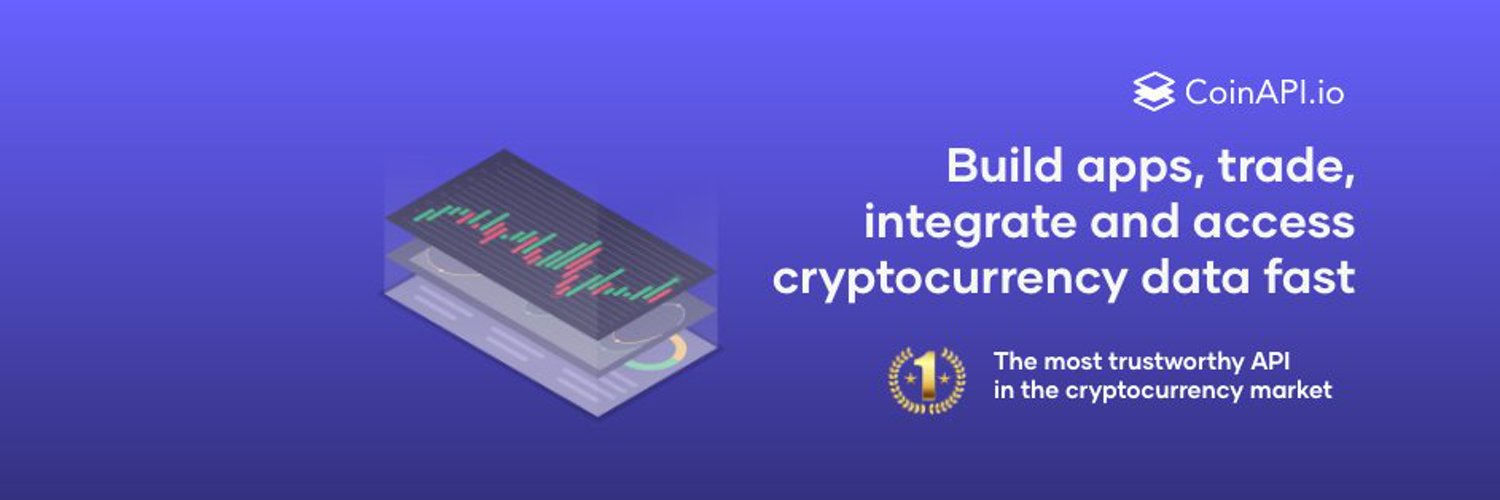
Overview:
CoinAPI aggregates data from multiple cryptocurrency exchanges and offers a unified API for accessing trading, pricing, and blockchain information.
Endpoints:
- /v1/exchanges: Retrieves a list of supported exchanges.
- /v1/ohlcv/{symbol}/{period}: Fetches historical OHLCV (Open, High, Low, Close, Volume) data for a specific symbol and period.
- /v1/quotes/{symbol}/current: Provides real-time pricing data for a specific symbol.
Advantages:
-
Unified Data Source: Simplifies access to data from various exchanges through a single API. Reliability: Offers high uptime and reliable data delivery. Customization: Allows filtering by exchange, symbol, and timeframes. Use Cases:
-
Developing trading bots and algorithmic strategies. Integrating cryptocurrency data into financial applications. Conducting historical analysis and backtesting.
3. CryptoCompare API
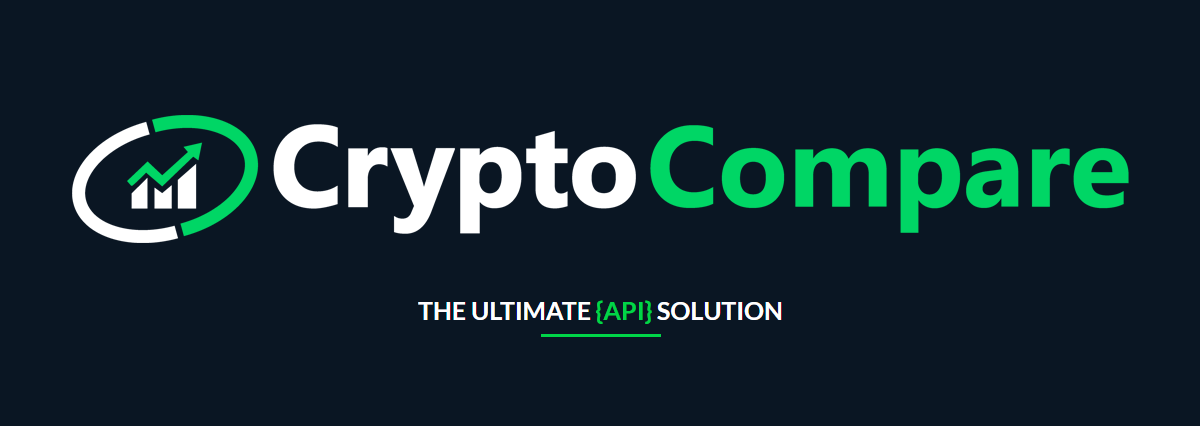
Overview:
CryptoCompare is known for its comprehensive cryptocurrency data API, offering real-time pricing, historical charts, news, and analysis.
Endpoint:
- /data/price: Retrieves current prices for multiple cryptocurrencies.
- /data/histoday: Fetches historical daily OHLCV data for a specific cryptocurrency.
- /data/news: Provides the latest cryptocurrency news articles.
Advantages:
- Data Variety: Covers pricing, historical data, and news aggregation.
- API Ecosystem: Supports multiple endpoints for different data types.
- User-Friendly Documentation: Well-documented with SDKs available in popular programming languages.
Use Cases:
- Creating cryptocurrency news aggregators.
- Implementing technical analysis tools.
- Integrating sentiment analysis into trading strategies.
4. Binance API
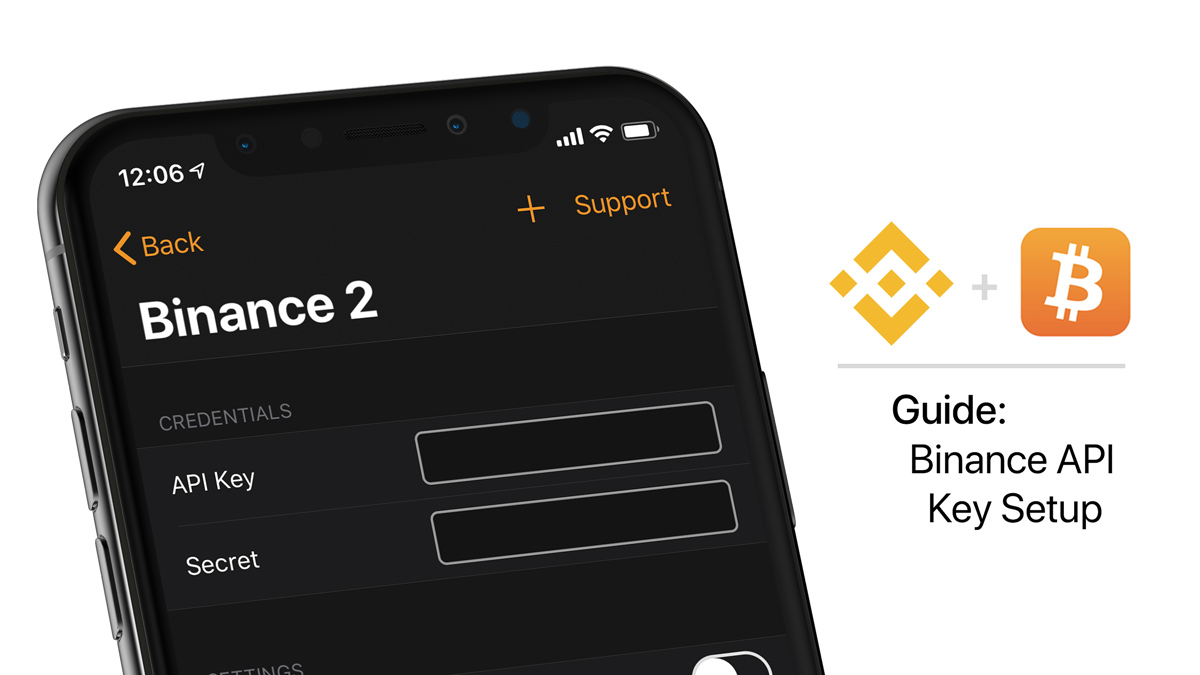
Overview:
Binance, one of the largest cryptocurrency exchanges globally, offers a powerful API for trading, market data, and account management.
Endpoints:
- /api/v3/ticker/price: Retrieves the latest price for all symbols.
- /api/v3/order: Places a new order.
- /sapi/v1/capital/config/getall: Fetches asset details.
Advantages:
- Trading Capabilities: Supports spot, futures, and margin trading.
- Security: Implements robust security measures and API key management.
- Liquidity: Benefits from Binance's high trading volume and liquidity.
Use Cases:
- Developing trading bots and automated strategies.
- Integrating Binance trading functionalities into third-party apps.
- Real-time account management and balance monitoring.
5. Kraken API

Overview:
Kraken offers a secure and feature-rich API for accessing cryptocurrency trading and market data, including spot and futures trading.
Endpoints:
- /0/public/Ticker: Retrieves current ticker information.
- /0/private/AddOrder: Places a new order.
- /0/public/OHLC: Fetches historical OHLC data.
Advantages:
- Security: Strong emphasis on security and API key management.
- Trading Features: Supports advanced order types and trading options.
- Market Data: Provides access to real-time and historical data.
Use Cases:
- Building automated trading algorithms.
- Integrating Kraken trading functionalities into financial platforms.
- Conducting technical analysis and research.
6. Nomics API
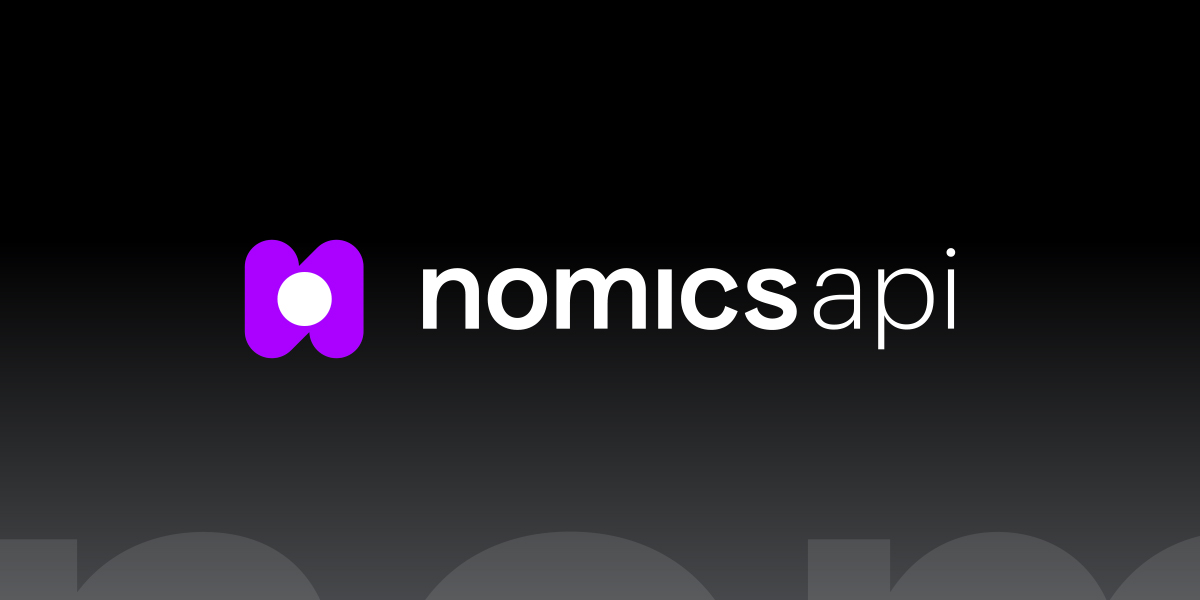
Overview:
Nomics focuses on transparency and accuracy in cryptocurrency market data, offering real-time prices, historical data, and market cap rankings.
Endpoints:
- /currencies/ticker: Retrieves ticker information for all cryptocurrencies.
- /currencies/sparkline: Fetches price sparklines for a specific cryptocurrency.
- /exchanges: Provides a list of supported exchanges.
Advantages:
- Transparency: Provides transparent data aggregation and reporting.
- Customization: Allows for custom data requests and filtering options.
- Developer-Friendly: Well-documented with SDKs available.
Use Cases:
- Building cryptocurrency price trackers.
- Conducting market analysis and trend prediction.
- Integrating accurate market data into financial applications.
7. Blockchain.com API
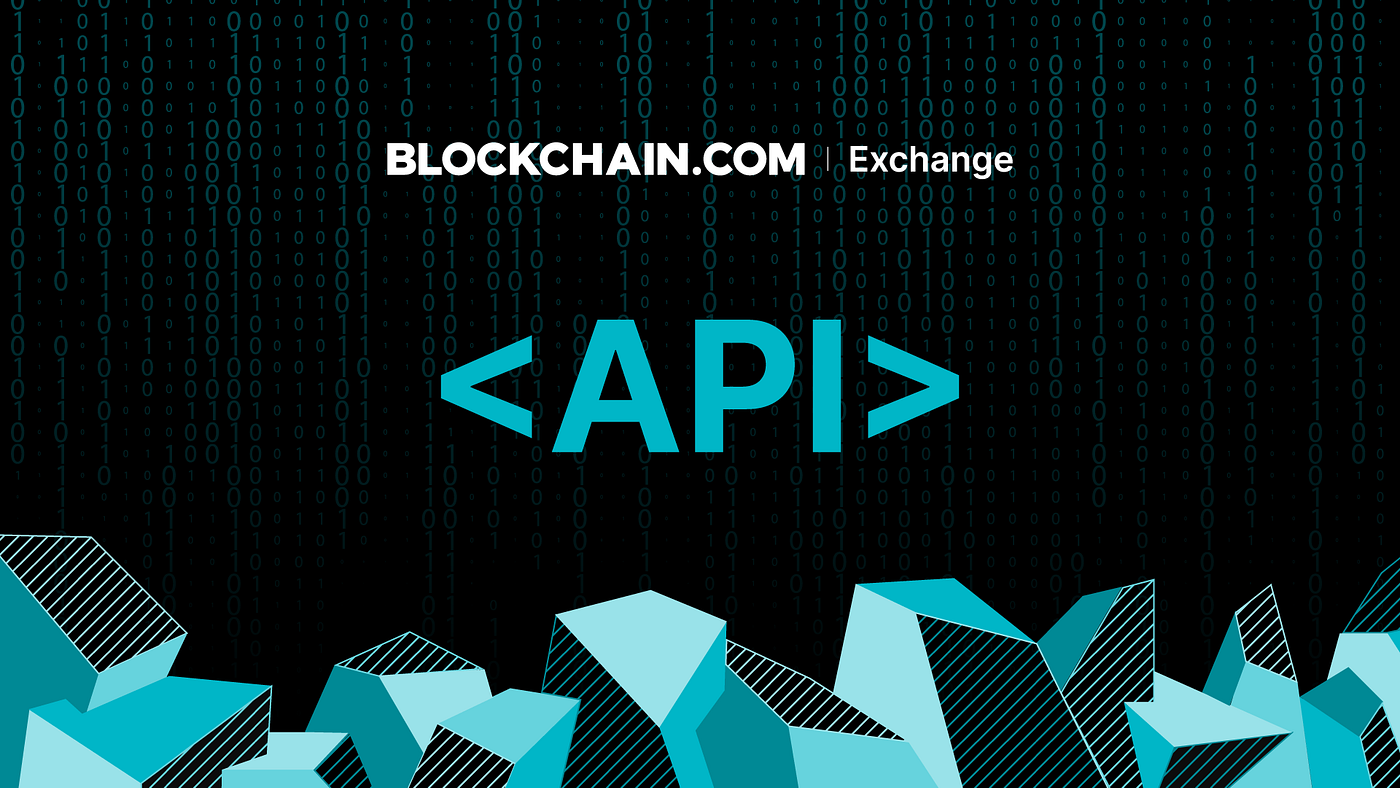
Overview:
Blockchain.com offers APIs for cryptocurrency wallet services, transaction data, and blockchain insights.
Endpoints:
- /api/v2/receive: Generates a receiving address for a wallet.
- /api/v2/tx: Retrieves details of a specific transaction.
- /api/v2/merchant/:callback: Sends payment notifications to a merchant.
Advantages:
- Wallet Management: Provides tools for creating and managing cryptocurrency wallets.
- Transaction Data: Accesses real-time transaction information on various blockchains.
- Blockchain Insights: Offers blockchain data and statistics.
Use Cases:
- Building cryptocurrency wallet applications.
- Integrating blockchain transaction data into financial services.
- Developing tools for blockchain analytics and research.
The role of crypto-APIs in the web3 revolution
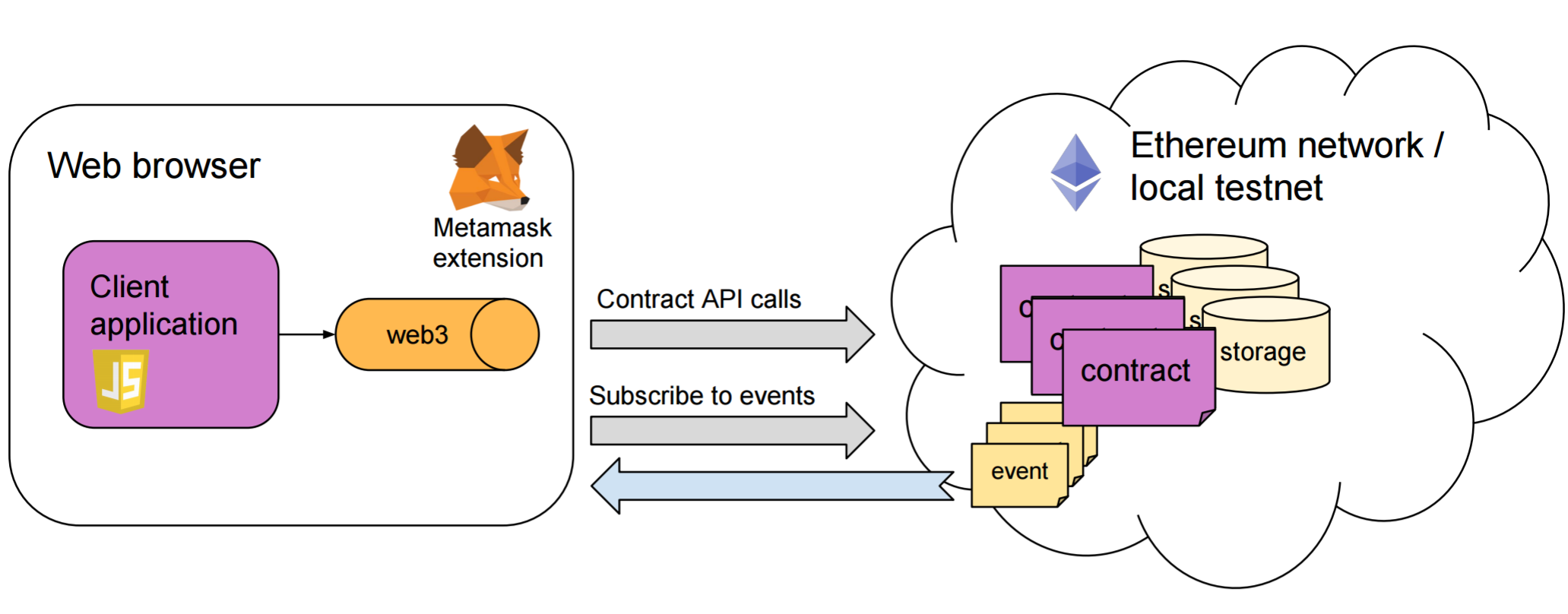
Esteemed researcher, if you made it this far then you must be informed of and interested in the ongoing transformation of the internet by blockchain technology. Yes, the web 3 revolution is on and they are a number of technologies that work together to facilitate such decentralized system.
The blockchain is obviously the most popular component of Web 3. It’s also the critical part. However, the blockchain only accounts for the backend of Web 3 programs. Unlike Web 2 programs, where the backend is individually created and hosted on a single server by developers building a given website, web 3 backend consists of blockchain tools, which are often built by third-party teams of developers and stored in a decentralized way on the nodes that connect to it. Hence, a Web 3 developer can either be one of these teams of blockchain developers who create the critical infrastructure of the blockchain using low-level languages like solidity or a developer who uses UI frameworks like React, Flutter, etc., to build decentralized applications that can interact with the blockchain. Crypto-apis facilitate this interaction by acting as an intermediary datastore between the blockchain and the developer’s application.
Apis are not really a new technology. They’re well established in Web 2 sites to provide various data from servers to viewers of the site, and they have been well adapted to Web 3 technology to great benefit. Crypto APIs provide the following advantages;
- They provide an easy-to-use interface for developers and researchers to interact with the blockchain.
- Web 2 developers can easily build decentralized apps without really having to understand the technicalities of the blockchain.
- They provide real-time data to monitor blockchain activities.
- They allow developers to interact with multiple blockchains from one app.
- They reduce the amount of code to be written by providing free blockchain functionalities as plug-and-play.
Simply put, crypto-APIs are the control bar of the blockchain puppet strings.
Conclusion
My good researcher, here we are at the end of this adventure. I sincerely hope that you are now well acquainted with the technology of crypto-apis. Use cases have been provided to enable you best select which Api is most suitable for the type of application you are building. CoinGecko is an exceptional Api I would recommend as the most reliable and comprehensive cryptocurrency data API for traders and developers.
Yours truly,
A fellow crypto lover.

